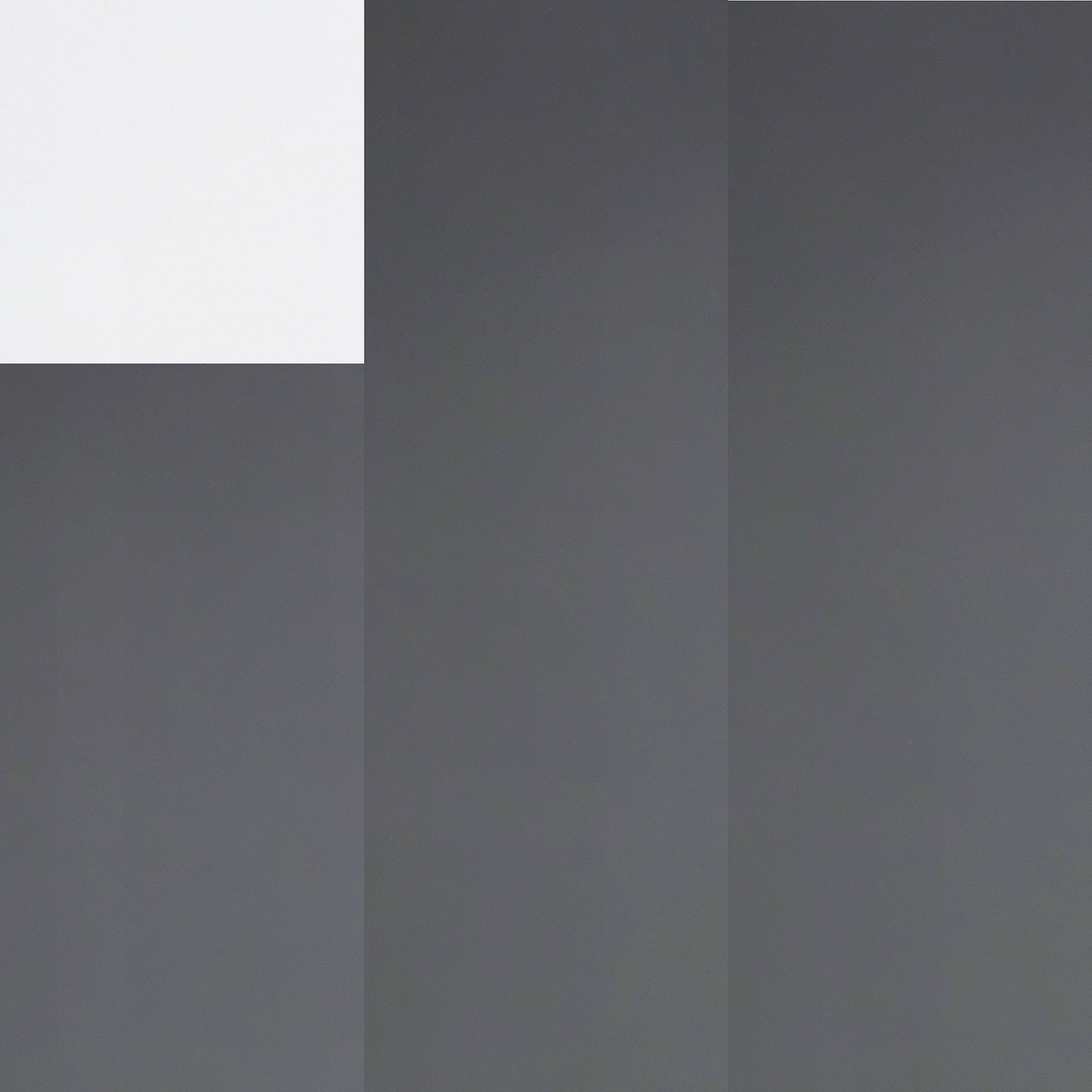Hope 'in spite of everything'
Just as long as you keep the fear from your mind
This week I was reminded of Kenzaburo Oe’s Hiroshima Notes, a powerful book composed of his reflections on the harm and suffering left in the wake of the first atomic bombing. There are passages that capture a remarkable incomprehensibility, when experience outstrips our capacity to make sense of our world. Meaning is shattered, the world is broken, but still people must find a way to deal with what is left. Indeed, with the Second World War a shocking inversion took place, one in which what was in need of explanation was why some people chose to stay alive. Reflecting on stories of profound sadness, Oe observed that those who commit suicide should not be morally blamed for doing so, and moreover, there was something very powerful in those who had experienced such horror and chose to stay alive. Oe stated he gained courage from the ‘fundamentally human sense of morality in the Hiroshima people “who do not kill themselves in spite of their misery”.’ This is a truly remarkable phrase – ‘people who do not kill themselves in spite of their misery’. Here Oe recognized a brutal reality: where living becomes what needs to be explained, it is wanting death that is more comprehensible. Oe recounted the story of a young dentist who committed suicide:
… the young dentist strung a rope from a bolt jutting out from a broken wall and hanged himself. He realized that not only were people suffering now that the war had ended but also that they would continue to suffer for many years to come. A different kind of tragic battle was just beginning and would go on affecting later generations for decades. It was too much; in despair he killed himself. This young man's imagination was extremely human; but the strain of what he foresaw was more than he could bear. Only when we appreciate the tragic but by no means unnatural fate of this young dentist can we fully appreciate the remarkable effort of the Hiroshima doctors ‘who did not commit suicide in spite of everything.’
Oe identified something remarkable in the ruins of Hiroshima: in circumstances such as those, not only does choosing to stay alive takes courage, but it attests to something more, those who chose to stay alive ‘in spite of everything’ offer hope to us all. Oe certainly did not romanticise the situation of the survivors, nor did he have any confidence that the experience would lead to great changes. Rather, there was a grim acceptance that ‘there is no evidence that the human goodness which served the hapless victims has gained the upper hand over the human evil which produced the atomic bombs.’ Unfortunately his judgment might still ring true. Yet that there were people who chose to stay alive, despite experiencing such tremendous loss and ongoing pain; that there were doctors who chose to stay alive, despite facing terrible human suffering for decades; the basic dignity of these people still offer hope.
Insofar as Oe identified the courage of the people of Hiroshima to stay alive ‘in spite of everything’, he captured a certain kind of refusal, a resistance, an unwillingness to bow to the brutality of reality. Adorno’s description of Beckett’s writing captures a similar sentiment: ‘a carrying-on which seems stoical but is full of inaudible cries that things should be different.’ Things should be different, but they are not, and so ‘in spite of everything’ some resist. And so, as Horkheimer surmised, ‘perceptive men cannot stop fighting horror until they die.’ A slightly different way of rendering this problem can be taken from an episode of Twin Peaks. When FBI Special Agent Dale Cooper is shot, he captures his reflections with his tape recorder:
All things considered, being shot is not as bad as I always thought it might be. As long as you can keep the fear from your mind. But I guess you can say that about almost anything in life. It’s not so bad as long as you can keep the fear from your mind.
This is the challenge: seeing the brutality of the world but not giving up, holding onto the possibility for something better, or less worse. To do so - ‘in spite of everything’ - is profoundly difficult but all the more necessary. Just so long as you can keep the fear – or horror – from your mind.


